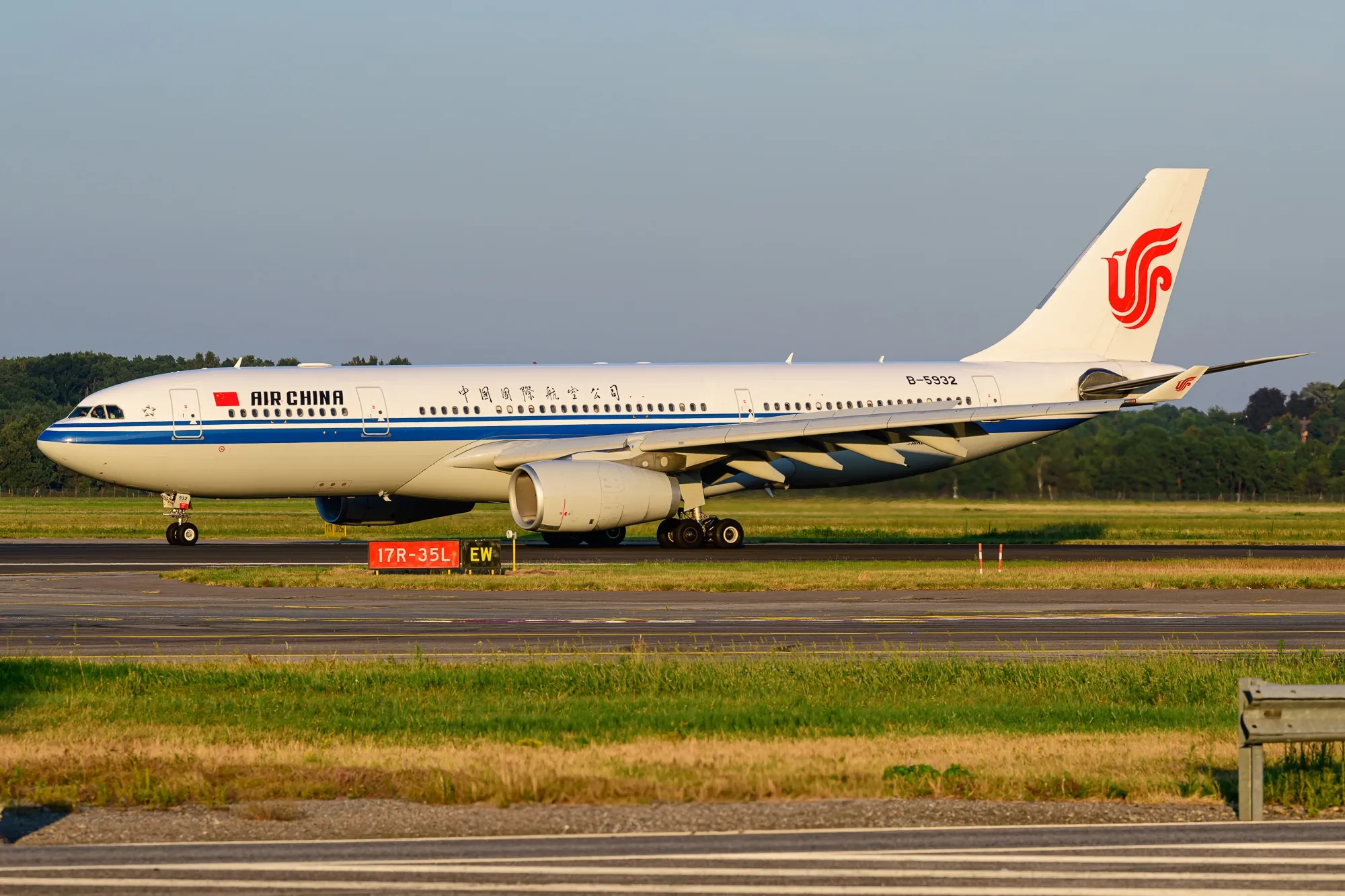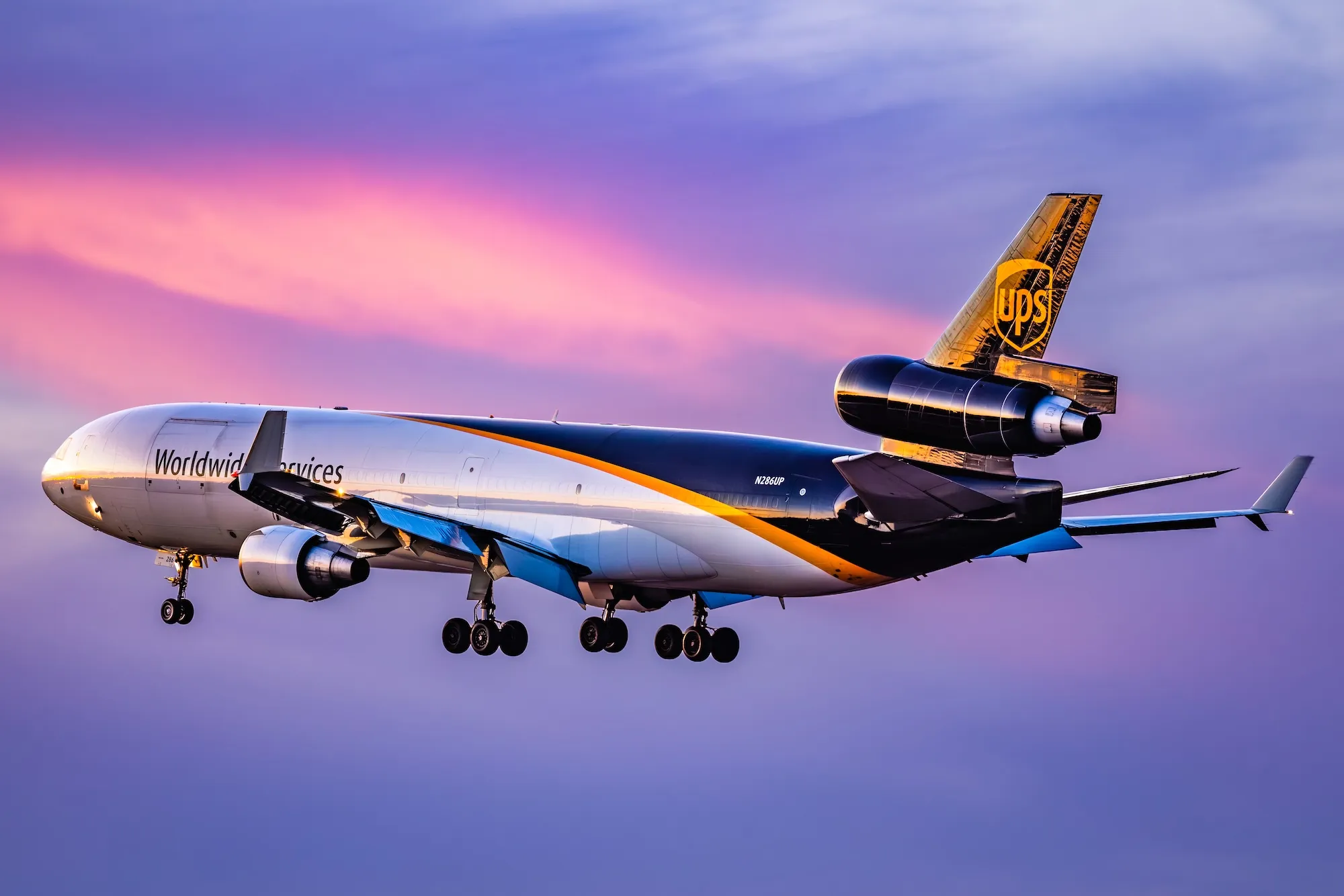DALLAS — Latvian carrier airBaltic (BT) reported the highest-ever revenue in the airline's history for the year's first six months. The all-Airbus A220 operator has seen a 52% growth compared to the corresponding period from the previous year and a 33% growth compared to 2019 levels.
Throughout the past six months, BT has recorded staggering growth as the airline industry continues to bounce back to its pre-pandemic levels with a solid summer travel season upon us. During the first half of 2023, the airline reported a net income of €14.6 million, representing an improvement of €105.7 compared to the same period in 2022. Furthermore, BT attained its highest-ever revenue for the first half of a year with a revenue of €291 million.
The Baltic flag carrier also reported a staggering EBITDAR of €57 million, exceeding its EBITDAR during the same period in 2022 by €50 million. According to IG International Limited, a leading London-based investment company, the metric EBITDAR stands for earnings before interest, taxes, depreciation, amortization, and restructuring or rent costs.
Investors use the metric to assess a company that has undergone restructuring within the past year, financial health, and performance. A higher EBITDAR, such as BT, implies lower operating expenses relative to total revenue and displayed an impressive financial performance for the airline in the first half of 2023.

Comments from airBaltic CEO
During the company's investor call on August 9, the President and Chief Executive Officer of airBaltic, Martin Gauss, presented the impressive financial results and remarked, "The exceptional results of the first half of this year have exceeded our expectations. We are doing well in terms of business, and the operating cash flow is at an all-time high. When we look back at the first six months of 2022 and even 2019, we have seen significant growth – achieving the historically highest profit, record-breaking revenue, and an overall increase in the number of people flying with us."
He added, "However, the shortage of spare engines, which led to an average of 11 aircraft grounded, significantly impacted our performance of Q2. That delayed even greater improvement in total results. To mitigate this capacity loss, we were forced to wet-lease in substitute aircraft. Despite these obstacles, airBaltic's commercial performance was strong."
During the first six months, the carrier carried almost two million passengers, which is 52% more than the number of passengers carried during the same period in 2022 (1.3 million). Proportional to this, the number of flights operated has also increased. The carrier operated around 20,300 flights during the past six months, which is 20% more than the number of flights operated in the first half of 2022 (about 16,900).
During the first six months of 2023, airBaltic carried almost 2 million passengers, a 52% increase compared to the number of passengers carried during the same period in 2022 (1.3 million). In line with this, the number of flights airBaltic operated also increased. Throughout the first half of 2023, the carrier operated 20,294 flights, a more than 20% increase to the number of flights operated in the first half of 2022 (around 16,900).
The significant growth in the first half of 2023 was propelled by an impressive July, which carried over 500,000 passengers just in July. This was the first time since 2019 and the fifth time in the carrier's history that it flew half a million passengers in a month.

Impressive Results Despite Engine Woes
Despite the impressive financial results, BT remained wary of its current situation, as it has been plagued by engine issues with its Airbus A220 fleet. In June, the engine issues led to an average of 11 grounded aircraft in BTs' A220 fleet, thus prompting the airline to continue wet leasing aircraft from other operators to meet demand during the busy summer travel season.
The Latvia-based carrier added that a shortage of spare engines drastically impacted its performance in the second quarter despite returning to profitability for the first half of 2023. Mr. Gauss stated, "That delayed even greater improvement in total results."
AirBaltic operates 42 Airbus A220-300 aircraft, all powered by Pratt & Whitney PW1500G GTF engines. In recent months, the airline has faced supply-chain delays in servicing those engines.
AirBaltic received a €20.4 million commercial-support payment in the second quarter related to the engine shortage, which helped improve its cash flow balance. According to a report on Reuters, while the shortage of the engines on the A220 jets has been mitigated, it will take almost 18 months before the distribution is alleviated altogether.

Expansion Plans
In June, it was reported that airBaltic was in talks with Airbus to purchase an additional 30 A220s to its fleet and eventually grow its fleet to 100 aircraft by the end of the decade as it prepares for the probability of an IPO in 2024. This month, BT will take delivery of two more A220-300s, and by the end of 2024, the carrier's fleet is projected to reach 50 aircraft.
The airline, one of the most environmentally sustainable airlines, has set an ambitious goal of getting to net-zero emissions by 2050. Just with the A220s, BT has had a 25% reduction in emissions and has the youngest fleet in Europe, with an average age of just 3.8 years.
Featured image: airBaltic YL-AAQ Airbus A220-371. Photo: Alberto Cucini/Airways

.webp)
.webp)
.webp)
.webp)
.webp)



.webp)